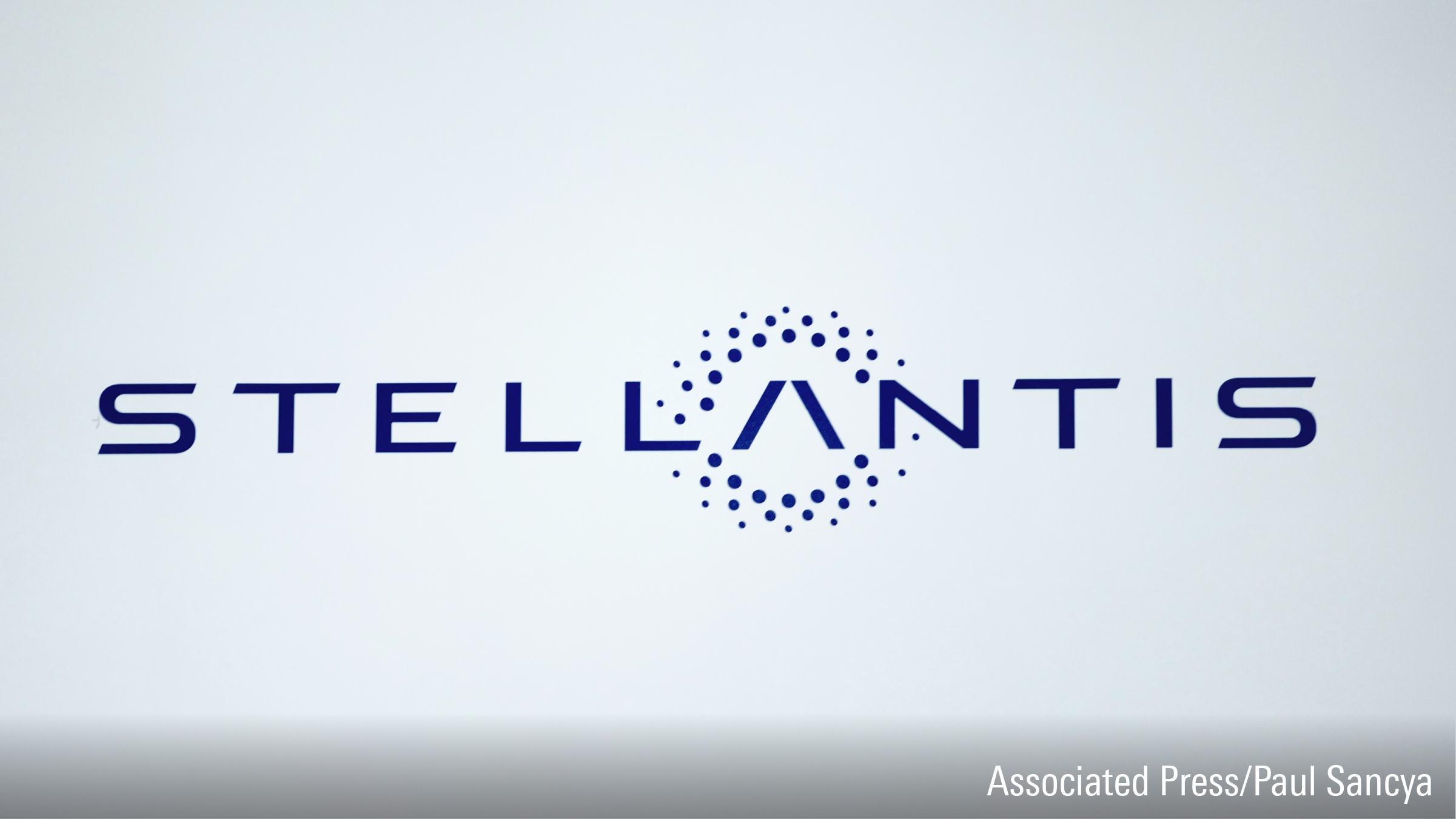Historically, index fund critics have got it all wrong.
The first salvo against index funds targeted their performance. Index funds not only would trail their own benchmarks, because of their costs, but would also lag top active managers. The former argument turned out to be immaterial, given how aggressively index funds shrunk their expense ratios, while the latter was beside the point. What mattered was not the easy task of identifying existing winners, but instead the difficult prospect of finding funds that would do so in the future.
Then followed allegations that index funds had damaged the stock market's efficiency. Because index funds invest their proceeds blindly, they don't help to establish rational prices. Correct but irrelevant. Despite index funds' success, most of the $50 trillion US. equity market remains in the hands of active investors. There are more than enough engaged, informed buyers to price stocks effectively.
Finally, and most recently, have come claims that index funds disrupt equity valuations by creating a two-tiered marketplace. Stocks held by the popular indexes thrive while excluded shares languish. This accusation fails. Among US equities, the biggest performance gap of the past several years has occurred between growth and value stocks. This discrepancy was not caused by index funds, 85% of which invest across both investment styles.
The Real Issue
However, there is a legitimate concern about index funds: the amount of shareholder votes that they have accumulated. Index fund providers now threaten to disrupt the balance of corporate voting power.
In aggregate, the Big Three of Vanguard, BlackRock, and State Street now hold 43% of the fund industry's US equity assets. Each of those companies also serves institutional clients through separate accounts and collective investment trusts - vehicles that bring them additional shares but which do not appear in fund databases. Index fund managers may speak softly, but they carry a very heavy stick.
Exxon Mobil (XOM) learned that lesson the hard way when an activist hedge fund upturned its apple cart. The hedge fund, Engine No. 1, appeared to have little chance of influencing giant Exxon Mobil, given that it owned only 0.02% of the company's stock. But thanks to backing from institutional shareholders, Engine No. 1's initiative won enough votes to place three dissident candidates on Exxon Mobil's board.
Chief among those institutions were Vanguard, BlackRock, and State Street. Engine No. 1's loudest advocates were several state pension funds, which held more Exxon Mobil equity than did Engine No. 1 but nevertheless were minor shareholders. If the endeavor were to succeed, the rhetoric needed to be matched by muscle. Enter the Big Three, which controlled a hefty 21% of Exxon Mobil's stock. Quietly, they threw their weight behind the dissidents.
From Swing Vote to Kingmaker?
Of course, a 21% market share cannot decide matters alone. Vanguard, BlackRock, and State Street do not hold enough Exxon Mobil stock, or that of other companies, to determine an election's results on their own. However, if the three organizations vote together, as they did with the Exxon Mobil proposal, they can decide close elections. Any proposal that attracts one third support will pass, if its proponents can convince the Big Three to join their forces.
The influence of Vanguard, BlackRock, and State Street continues to expand. They have been gaining market share for 25 years now and nothing indicates that trend will cease. I
Should the pattern persist, the Big Three will eventually hold 35% of the typical company's shares. At that point, they truly would be kingmakers. Unless a proposal is so wildly unpopular as not to attract even a 15% vote from remaining shareholders, the Big Three could ensure that the initiative passes. Conversely, if the three organisations remained loyal to corporate managements, they could effectively shut down almost any activist activities.
This is not to say the three providers would work in tandem. However, what would happen is largely beside the point. What matters is the possibility that such behavior could occur. Few would wish for so much power to be concentrated in so few hands.
An Unresolved Issue
I do not see an obvious solution to the dilemma. One approach - as articulated by Caleb Griffin, in the Maryland Law Review, and by Jeff Sommer, writing for The New York Times - is to disintermediate index funds, so that their underlying investors, rather than the index funds' managers, cast votes. Such proposals are reasonable in principle, but would surely be unworkable in practice, given how many corporate actions there are.
If I ran an index fund provider, this issue would keep me awake at night. That the leading index fund companies are positioned to exert undue power on corporate America is more than just wishful thinking from jealous rivals. It is a reality that, at some point, must be confronted.





























